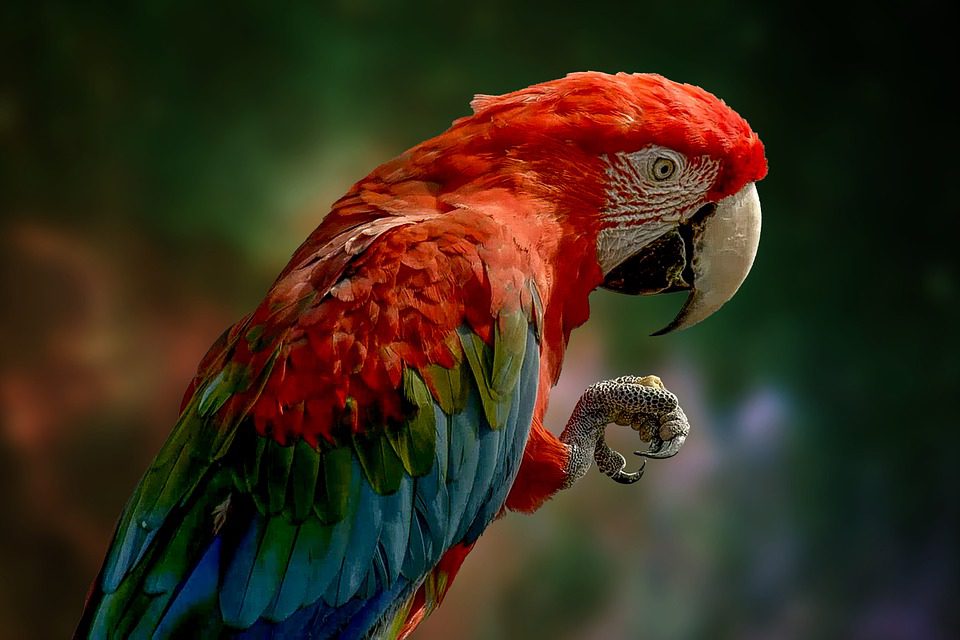Scientific research has shown that parrots’ long life expectancy and high cognitive capacities are linked, or possibly cause, each other. In comparison to their stature, these creatures enjoy a very long life span, with several species even outliving people.
Because of their small height, their lifespan would be limited to a few years. Increased cognitive abilities have been found to be connected to parrots’ longer lifespans since the latter aids them in making better use of settings and avoiding danger, as well.
A total of 133,818 birds from 244 different kinds were used in the research. Nearly 50% of all documented parrot varieties may now be estimated to have an average lifetime of more than 30 years, according to a dataset built with the help of Species360 that uses animal information from zoos and aquariums.
This study indicated that parrots had a wide range of lifespans, with certain kinds, such as the fig parrot, living just a few months on average. Sulfur-crested cockatoos and scarlet macaws, on the other hand, may expect to live for 25 or 30 years on average. For such a bird with its size, some specimens lasted to a peak of eight decades.
It was determined that each species’ intellectual capacities had an impact on their lifespan by using a large-scale quantitative assessment technique.
Researchers found that parrots with brains that seem to be disproportionately big in comparison to their body composition (a sign of greater intellect) were better equipped to deal with life-threatening situations in the environment, extending their lifespans accordingly. A bird’s life expectancy was not influenced by variables such as its nutrition or the expense of developing a bigger brain.
Research in the future will focus on whether parrots’ extended life expectancy may be attributed to their socialization and culturally taught abilities.
The research was published in the journal Proceedings of the Royal Society B: Biological Sciences.















Leave a Reply